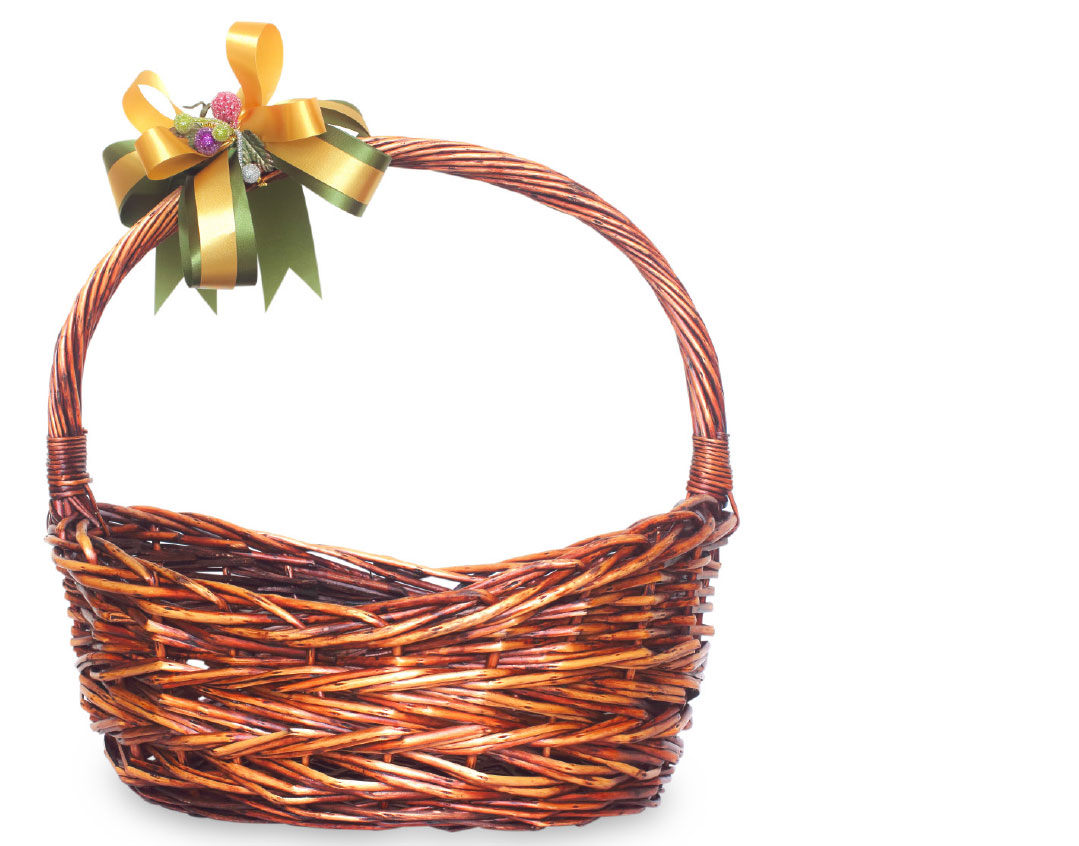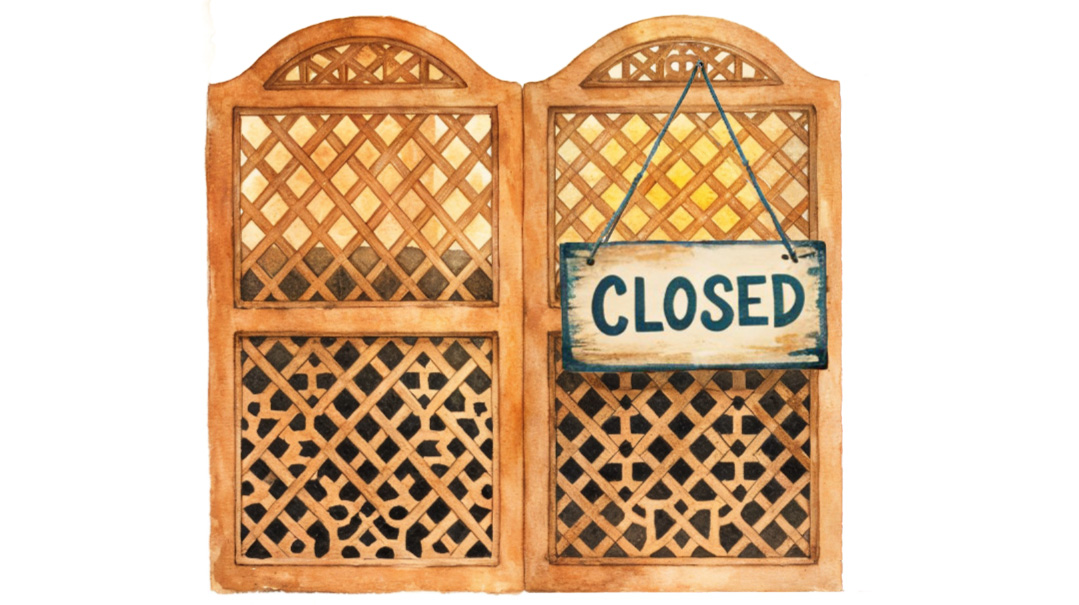The Basket


T
wenty-two years ago, my family didn’t celebrate Purim. Twenty-two years ago, we heard the Megillah, gave mishloach manos to only one person, distributed gifts to the poor to only two people in need, ate a simple seudah — and that was it. There were no parties, no music, no endless stream of visitors, and no costumes.
Twenty-two years ago, my older brother died just before Purim, and we were in mourning. My older brother and sister (l’havdil ben chaim) were born developmentally disabled. While severely challenged and limited, my brother, Moishe, always exuded a simple simchas hachaim that drew people in. He’d come to shul and wish people shalom aleichem. He loved music and would go over to people and say, “Sing to me!” He talked about Mordechai Ben David and Avraham Fried as though they were personal friends (they did come to visit him in the hospital on occasion).
Moishe was unwell most of his life and was hospitalized at least once a year. When I was in eighth grade, a teacher asked us to write an essay about what we feared most. I wrote that I feared being told in the middle of class that I had a phone call. That phone call would be from my mother, telling me that once again my brother had been taken to the emergency room, and that she had made arrangements for me to go to a neighbor’s house after school.
That fear came true. I got a phone call in the middle of class telling me that my parents were in the hospital with my brother. But this time, I didn’t panic after getting the phone call. I was fourteen and by then had some perspective. This had happened before and this would happen again, and my brother would be okay, like he always was.
Except that this time my brother wasn’t okay. My parents came home without him, explaining that the doctors did everything they could, but Hashem had other plans.
I was suddenly thrust into a reality I could never have anticipated. Who sits shivah with both parents beside her?
Coming back to school two weeks before Purim was surreal. My heart felt broken. Could I ever be happy again? It didn’t help that we’d only moved to the city just before the new school year, and I still didn’t feel like I had found my place.
Preparation for the Purim chagigah, a huge event, was in full swing, and I couldn’t join in. Groups of girls, excitedly comparing costume ideas, would turn awkwardly silent when I passed by. It was very difficult to go to school every day, and I’d come home exhausted from trying to hold myself together.
That year on Purim, I sat in my house, listening to groups of yeshivah boys playing music approach our house. The singing would fade as they read the sign on our door announcing that we were in aveilus.
(Excerpted from Family First, Issue 635)
Oops! We could not locate your form.













